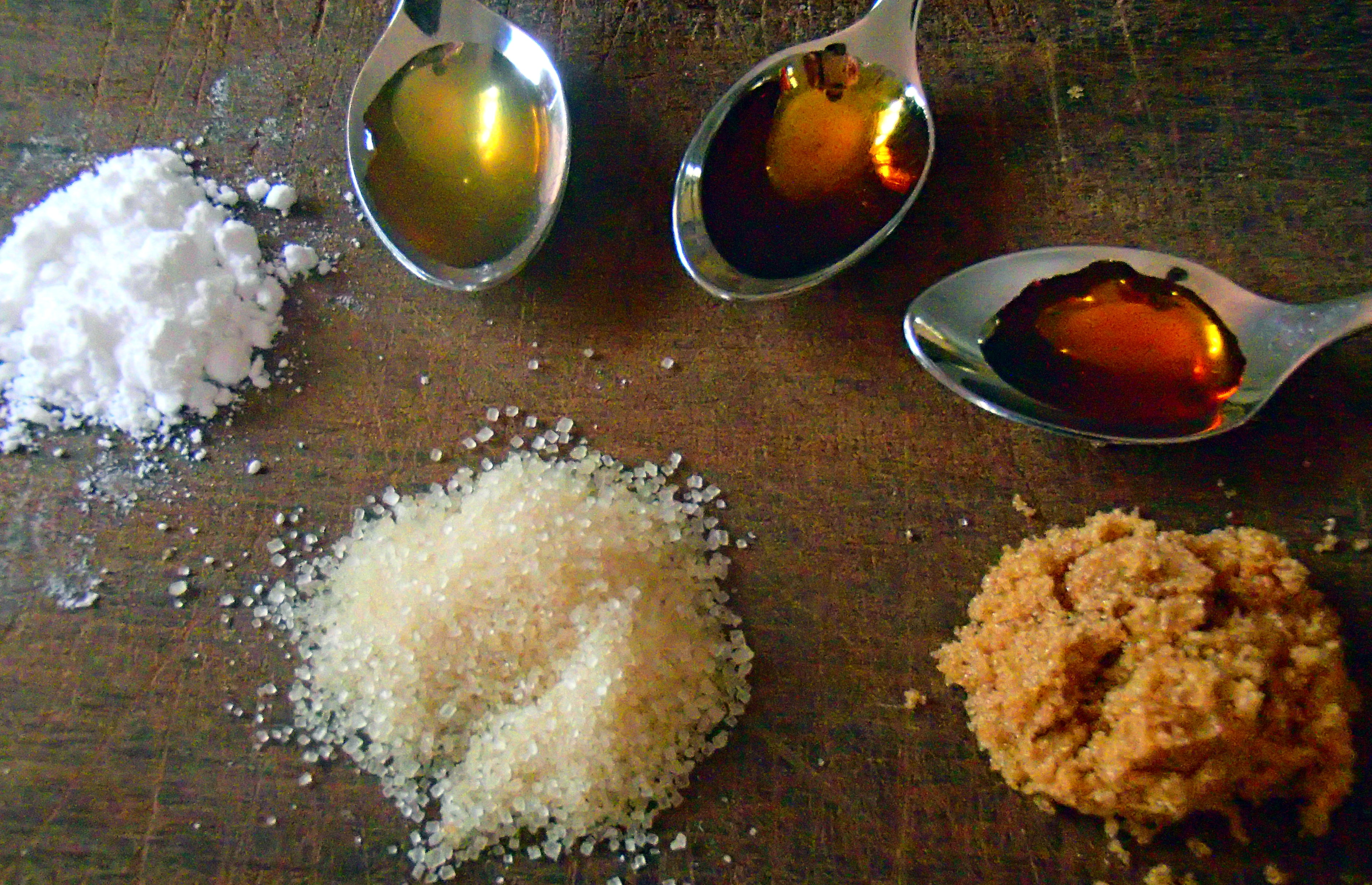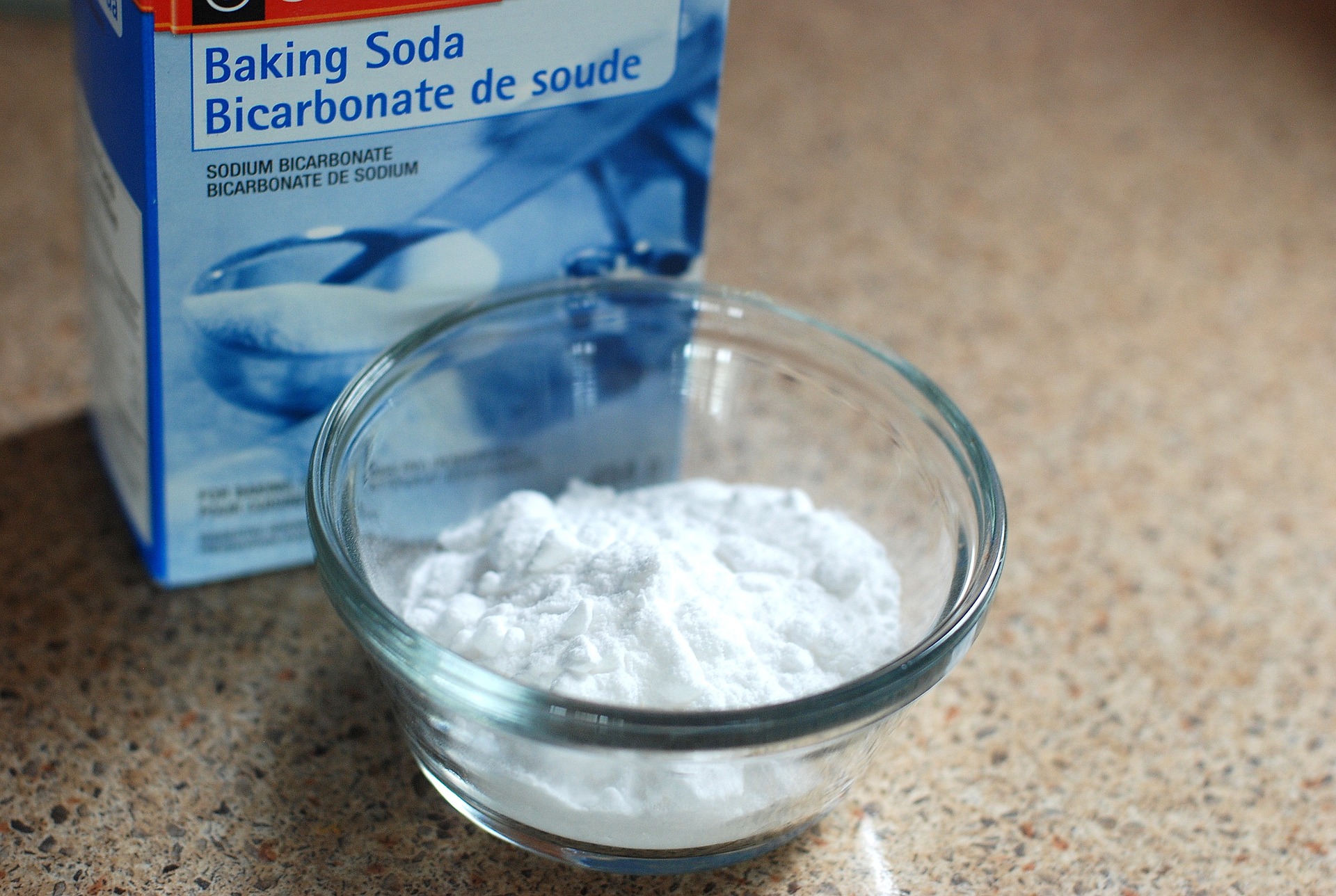Any respectable book on nutrition and cooking advises against sugar today. Moving away from it seems to be the answer to any health concerns with regards to eating. Jamie Oliver shows some effects of sugar on health in his documentary Sugar Rush.
I agree to some extent but not all the way to the evil sugar can be. Rather I believe the problem lies in a lack of time to know which sugars are contained in food and which then can result in (unintended) over consumption. In my perspective, it all starts with the origin of our food.
Homemade and other sugary treats
In another post, I state that I believe in the principle that you can eat anything as long as you made it yourself. This principle applies to sugary foods as well. As a family, we eat cookies, cakes and chocolate. I bake regularly and we often have some form of treat in the pantry.
I think those treats are perfectly fine because I know what they contain. The ingredients are of good quality. For example, I stay away from white, refined sugar and turn to raw sugar or honey. In particular, honey because we have a local beekeeper and we know where our honey comes from. I know the bees are happy bees. Dried fruit, in particular dates, also make perfect sweeteners.
When it comes to chocolate I use dark chocolate with a cocoa content of 70 percent and up. I even give one or two small pieces of chocolate to my kids as a snack. It’s not the cacao that causes any problems, it’s the amount of sugar added to the chocolate.
When baking/making treats at home is an issue than dried fruit are a sweet alternative. My son, for example, loves raisins and my daughter likes dates. Both are sweet and I only need to make sure I get them from an organic source so that they are sulphur-free. The only limit for dried fruit is for prunes (max. of five per day) and dried apricots. Fresh fruit (or frozen) is limitless and also a staple in our kitchen. The kids have (more or less) open access to both kinds of fruit.
Different sugars
When it comes to sugar it’s important to keep in mind that there are very different forms: natural sugars in foods (especially fruit) and added sugars. The latter is the branded as the bad sugar. However, even here are differences to be found. For example, black treacle (or molasses) contains iron, calcium and magnesium; maple syrup and honey contain manganese. Honey can also help with relieving hay fever if you pay attention to local honey. However, even though there are health benefits from certain sugars, adding them to food is only good in moderation and preferably done at home.
There are guidelines on how much sugar adults and children should (or should not) consume on a daily basis. Personally, I find it difficult to work with these guidelines because I don’t weigh my food, yet alone the sugar content of every single piece of food. I go by the guideline of making my own and limiting access to store-bought alternatives.
When it comes to beverages, we are pretty good. We never buy soda drinks and we often have unsweetened fruit juice in the fridge. Hot chocolates, another treat, in our house is made with raw cacao powder and some raw sugar. Cacao powder is tastier and less refined than cocoa powder (which is often used in pre-mixed powders).
I don’t think it’s useful to make sugar the source of all evil but rather it is important to understand the difference. Sugar is needed by our bodies and brains to function but the key is to know what, how much and when.




